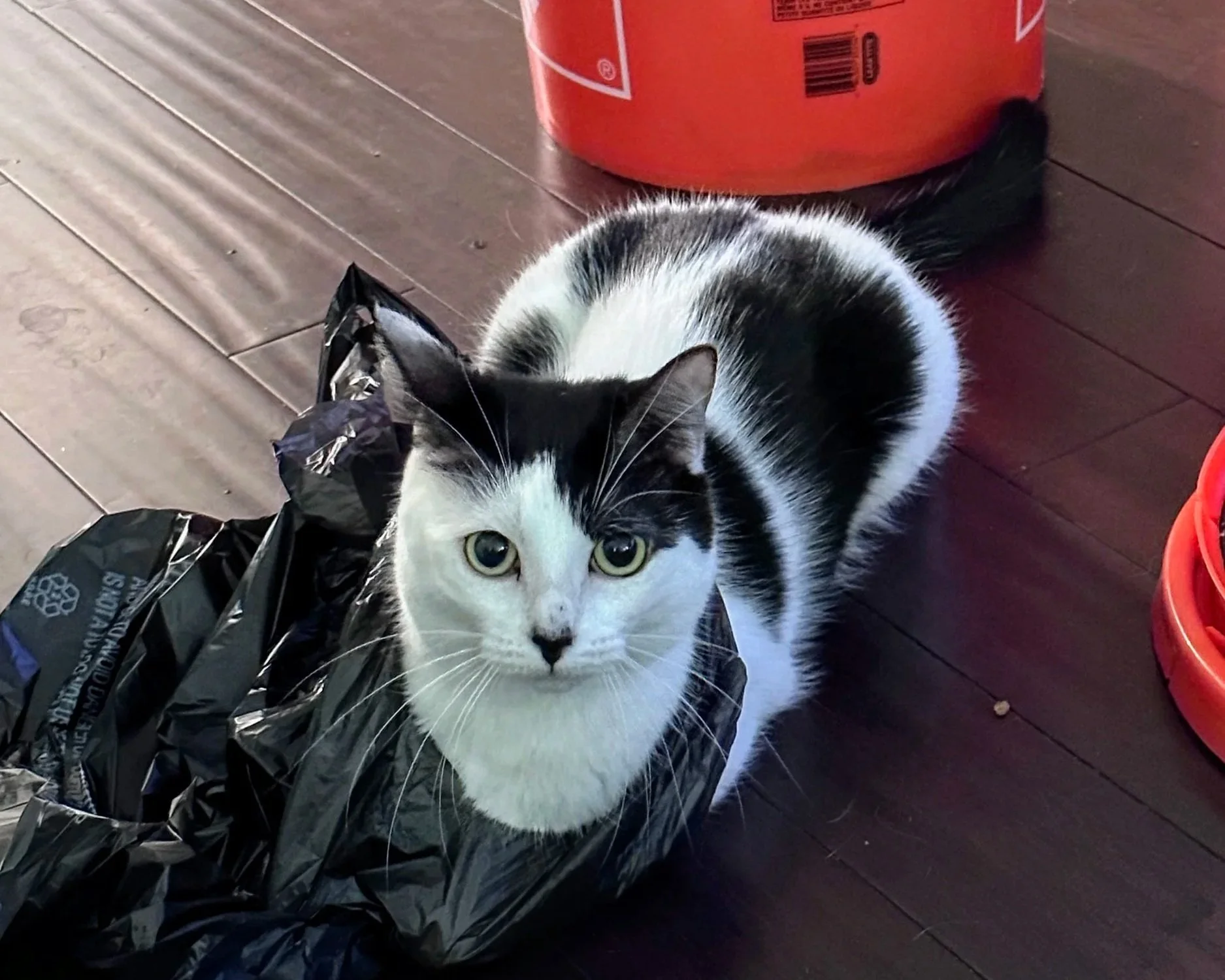Interview With Dr. Braginton: Emergency Veterinarian
While in veterinary school, I was trapped with 100+ of some of the most brilliant people I have ever met. How I got tangled in with them is beyond me. Watching everyone’s careers take shape over the past 5 years has been incredibly exciting. One of my friends, Dr. Casey Braginton decided to take the route to become an emergency veterinarian. This area of medicine was probably my least favorite in school, but it is an area I am growing to enjoy. However, some doctors were crazy enough to enjoy that area right out of school. Dr. Braginton was kind enough and somehow had enough free time to answer a few questions regarding emergency medicine.
For the general practice veterinarian, 30-50% of a day is routine vaccine or wellness appointments, with the rest divided by sick visits and surgery (which varies a lot by doctor). What does your day typically look like as an ER veterinarian compared to a generalized practitioner?
I have a lower case load at my current ER job, especially compared to GP. 100% of my cases are sick patients and require more time and workup. I perform minor surgeries (laceration repairs, chest tubes, enucleations) but any abdominal or thoracic surgeries are performed by our surgery department.
In veterinary school, there were many different routes to take after graduation. What was your motivation for following the emergency medicine path?
During Vet school, I was actually interested in surgery, but then quickly realized I really don’t like surgery, and I am not good at thinking and working in 3 dimensions. Emergency medicine is fast-paced, doesn’t get repetitive, and no call-backs is a great perk.
To follow up, what advice would you give anyone wanting to (or, in my personal opinion, who is insane enough to) enter emergency medicine?
I recommend all doctors who want to pursue emergency medicine to complete a rotating internship at a well-established specialty hospital or, ideally, a teaching college prior to working alone. I think the emergency department is so starved for staff due to burnout and a high turnover rate that it can become a dumping ground for doctors who did not, for whatever reason, secure their ideal job. This can add more stress to an already stressful environment, so make sure emergency is your passion and not just a placeholder.
ER doctors have some of the most hectic cases, schedules… lives. What is your favorite part of being an emergency doctor?
I often work with owners during one of the worst days of their lives and any relief I can provide to them and their pets makes the hectic lifestyle of ER worth it.
This blog's primary focus is helping owners understand our profession and providing transparency into veterinary medicine. So here is your soapbox: What information or advice would you give owners that would benefit their pets from an emergency medicine point of view?
Emergencies are expensive. An ounce of prevention is worth a pound of treatment so do not replace consistent primary care with emergency room appointments if possible. If you are using the emergency room for its convenience (open late and open weekends/holidays) understand that prices are higher because we are open 24/7 365 providing care.
Veterinary medicine has undergone significant evolution over the past few decades. Previously, a veterinarian was expected to fulfill every role in practice, but medicine is now more specialized to fit a patient's individual circumstances, such as in emergency situations. How do you feel this benefits our clients and patients?
Specialty care brings higher level and more up to date medicine to more pets resulting in more favorable outcomes.
How in the hell do you keep yourself sane?
Who said overnight emergency doctors are sane?

